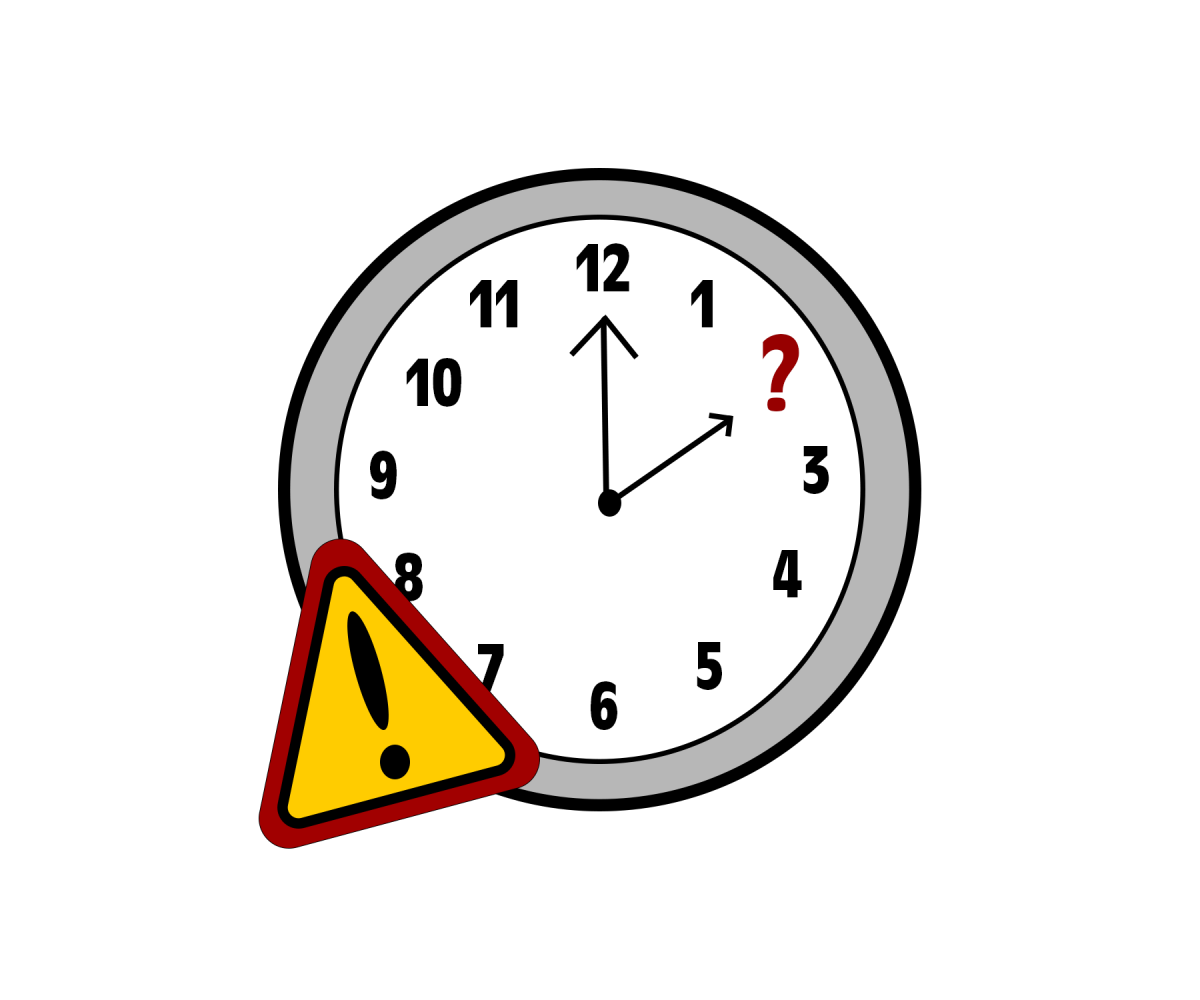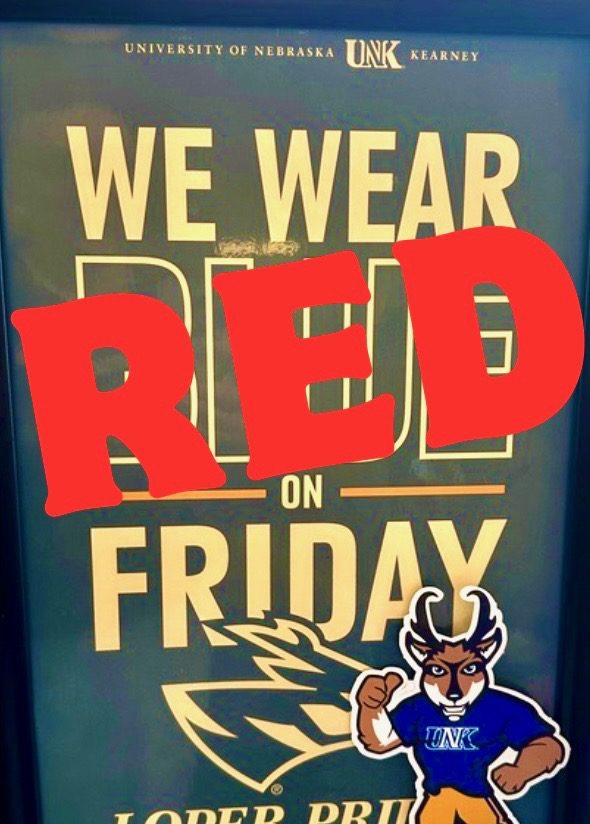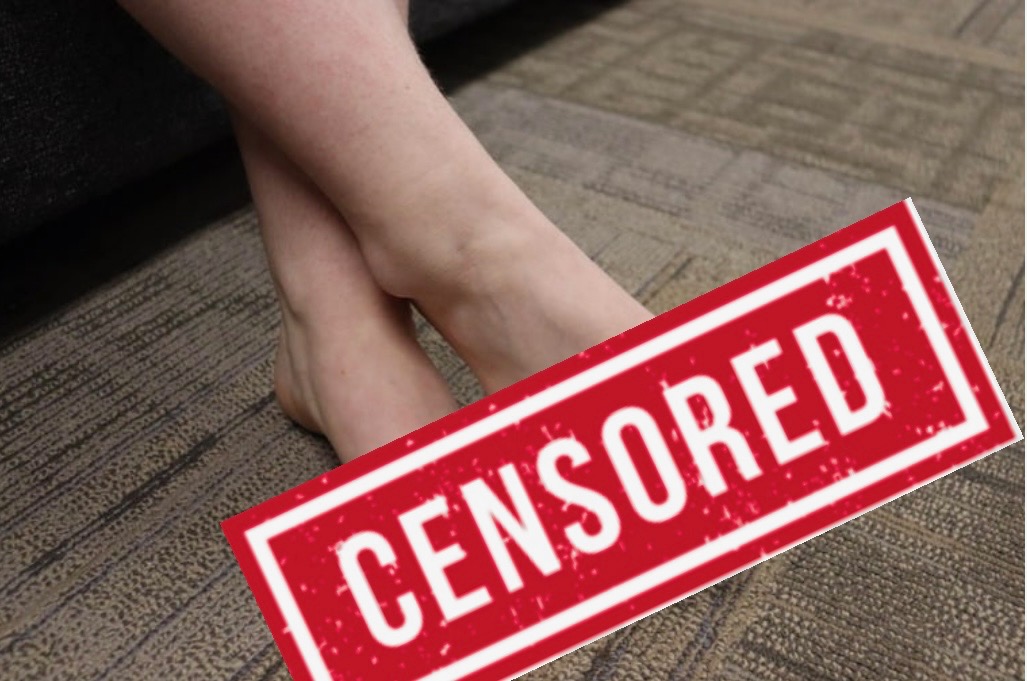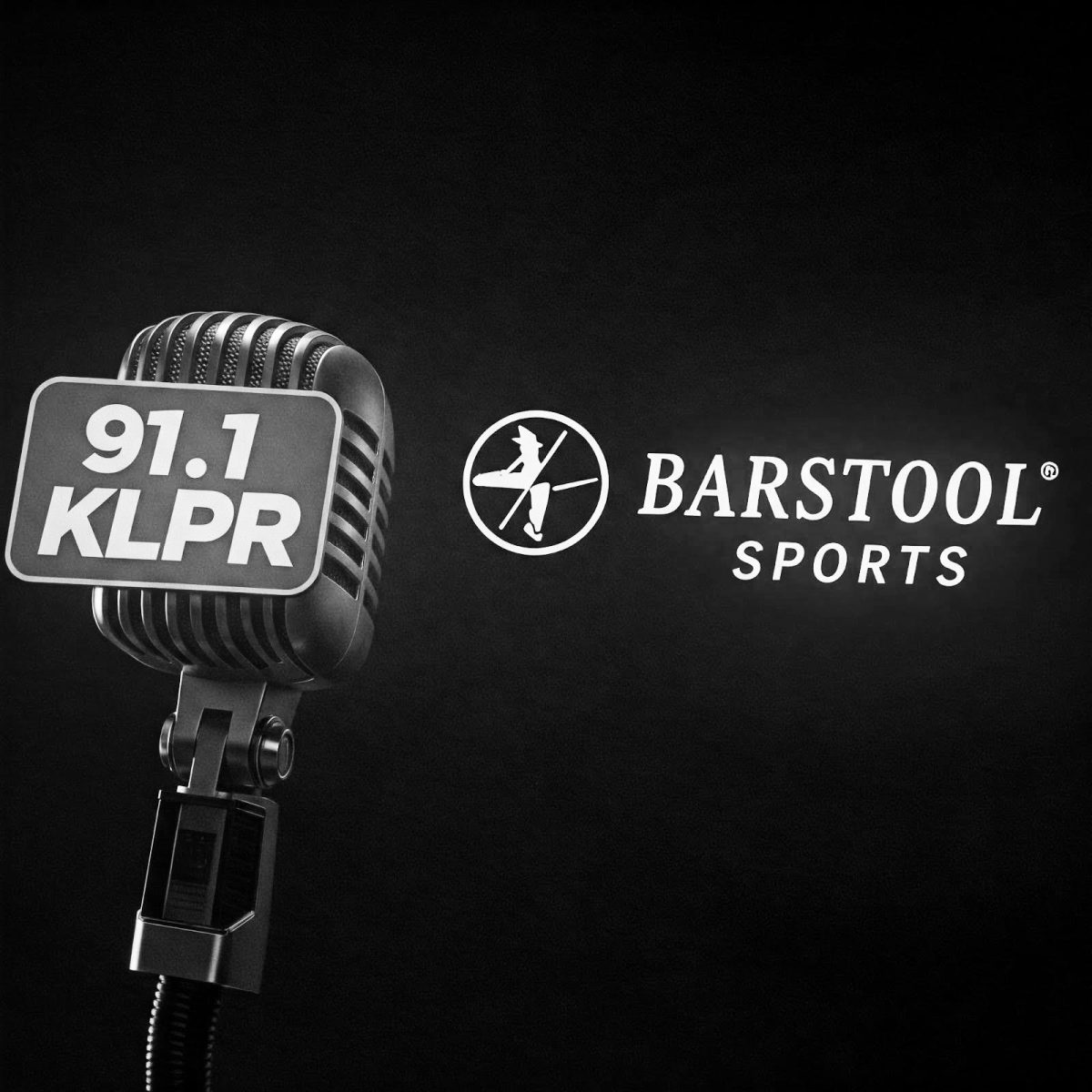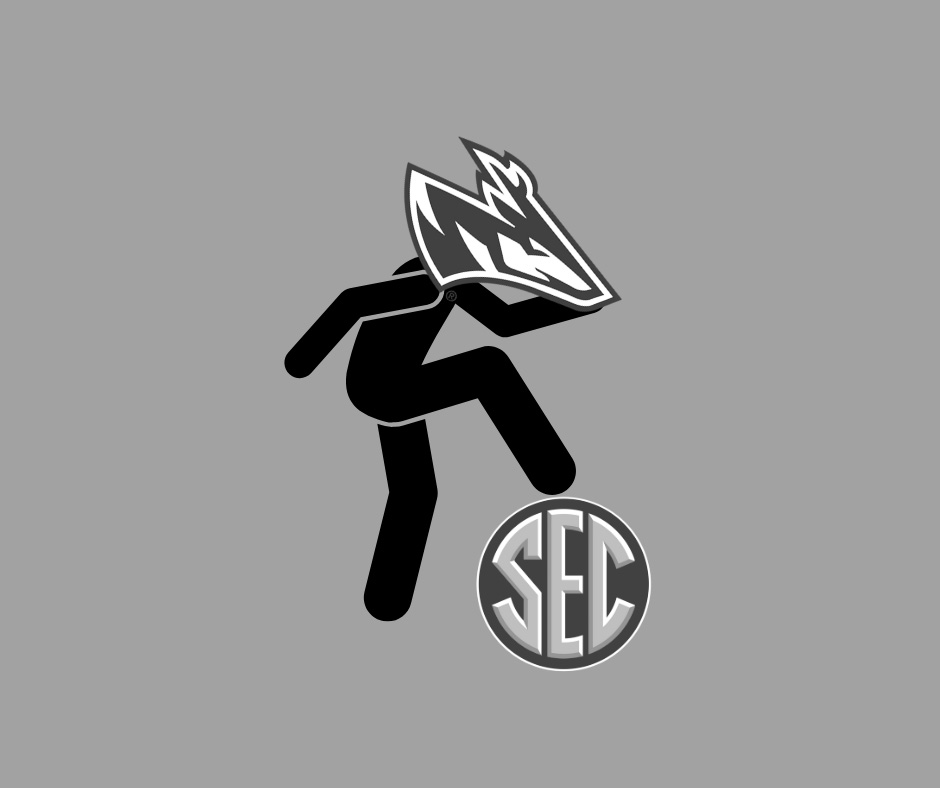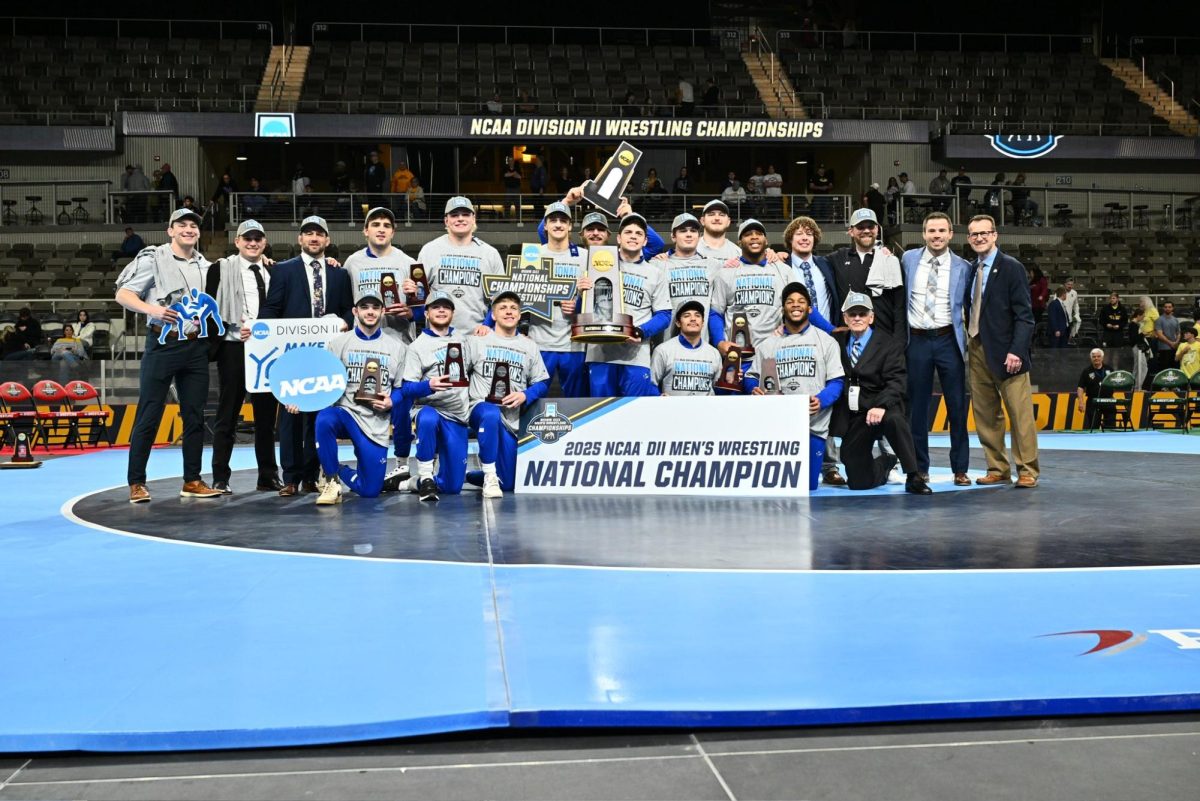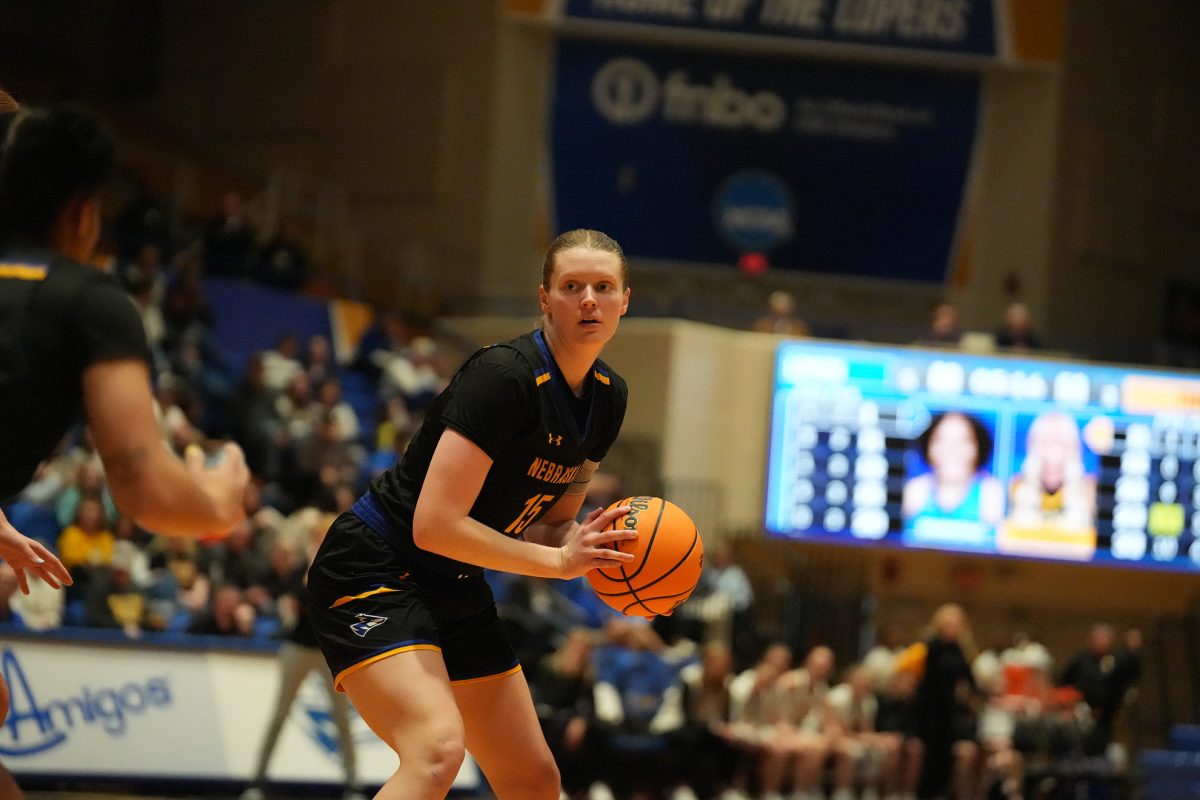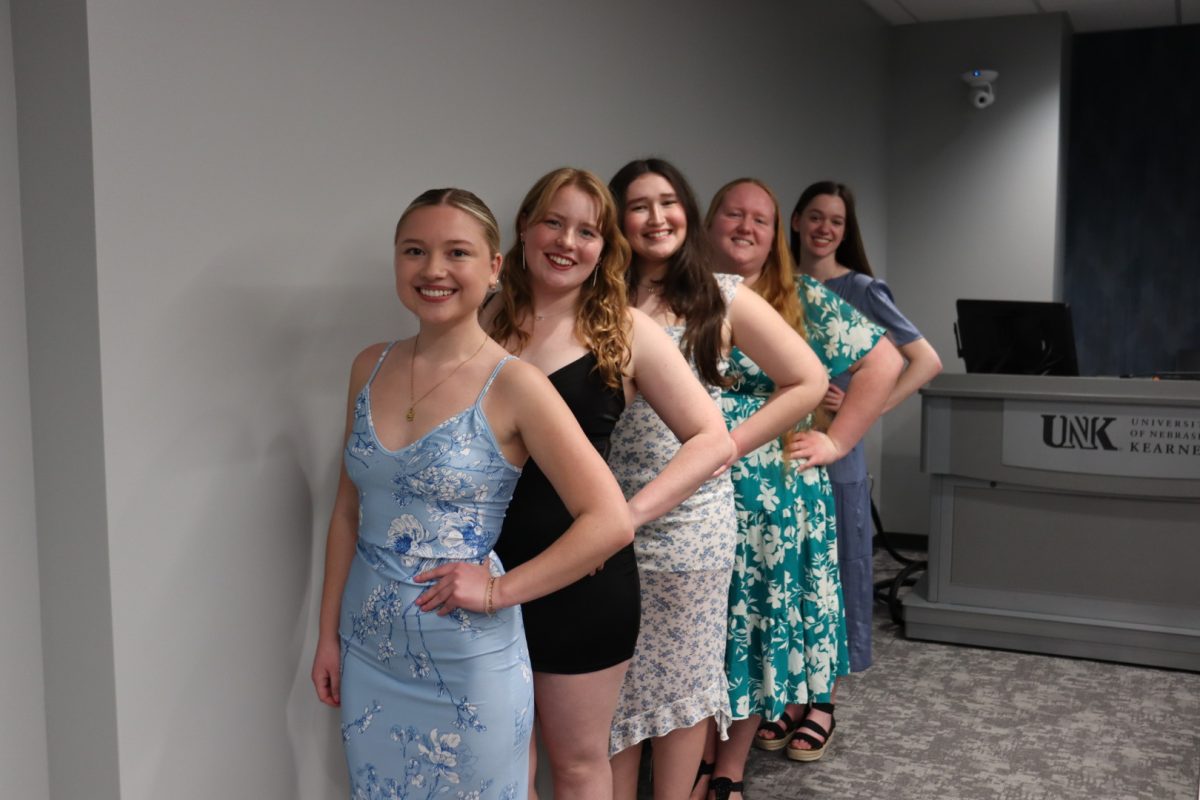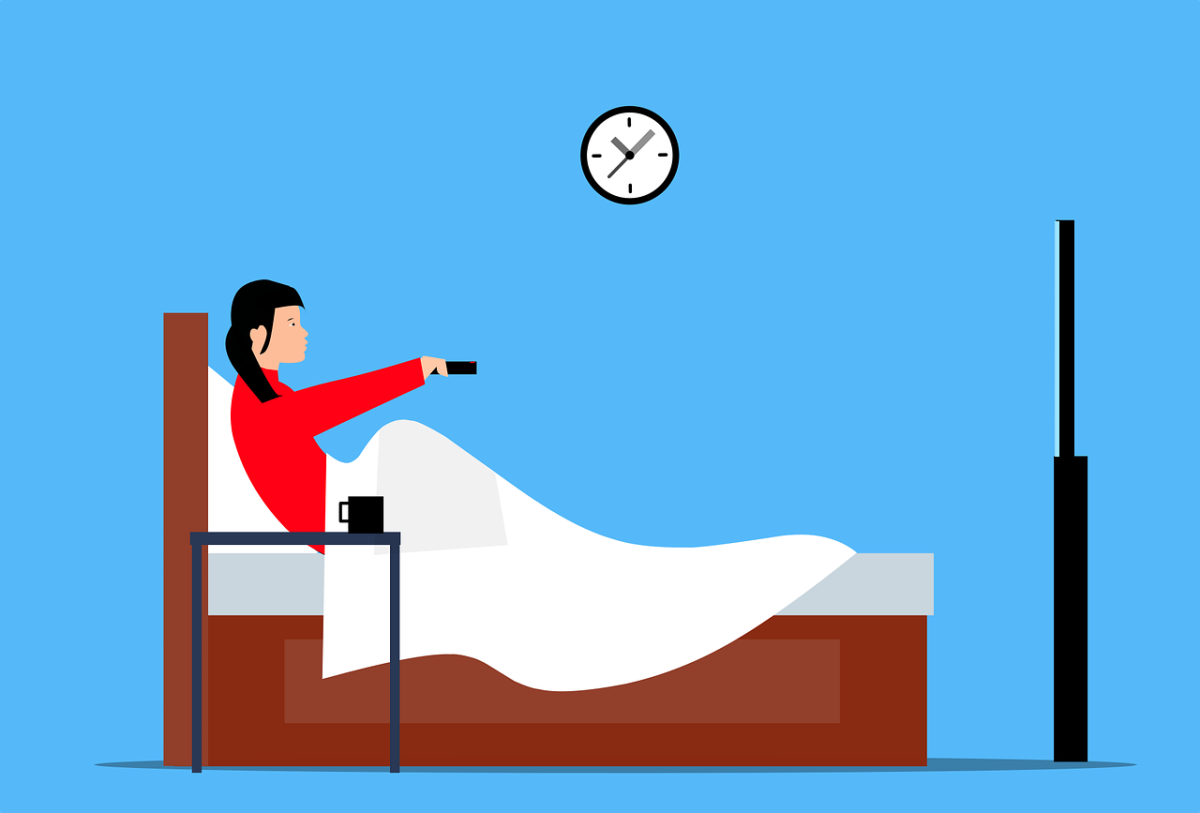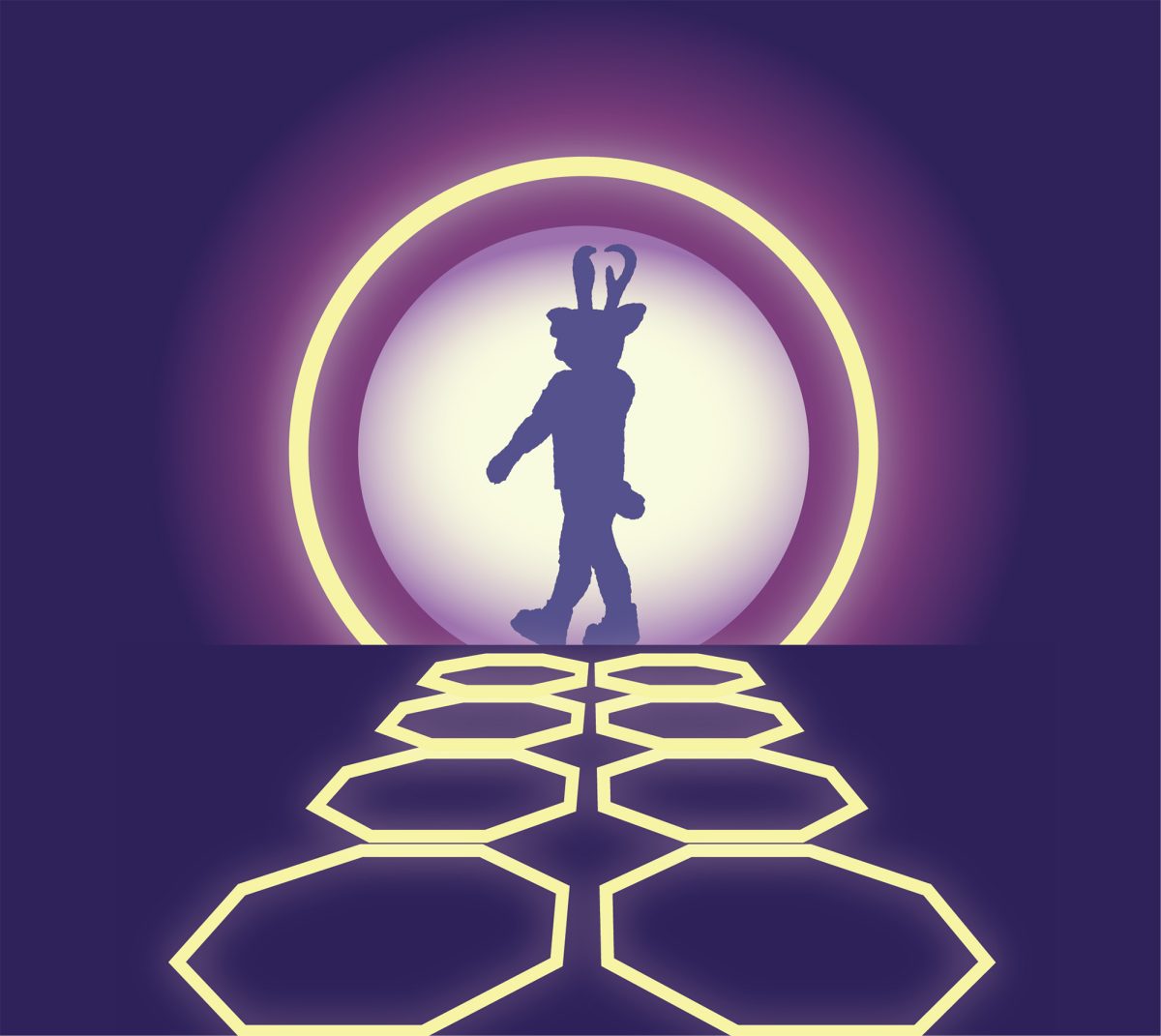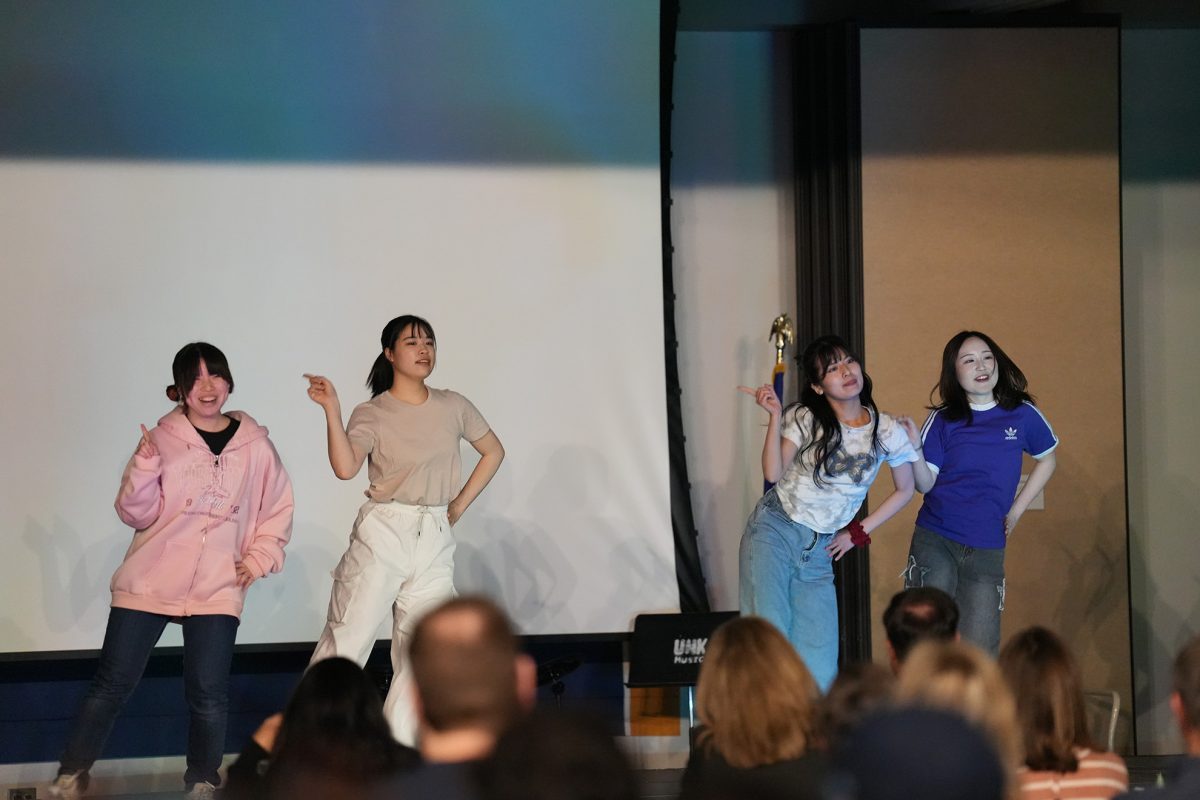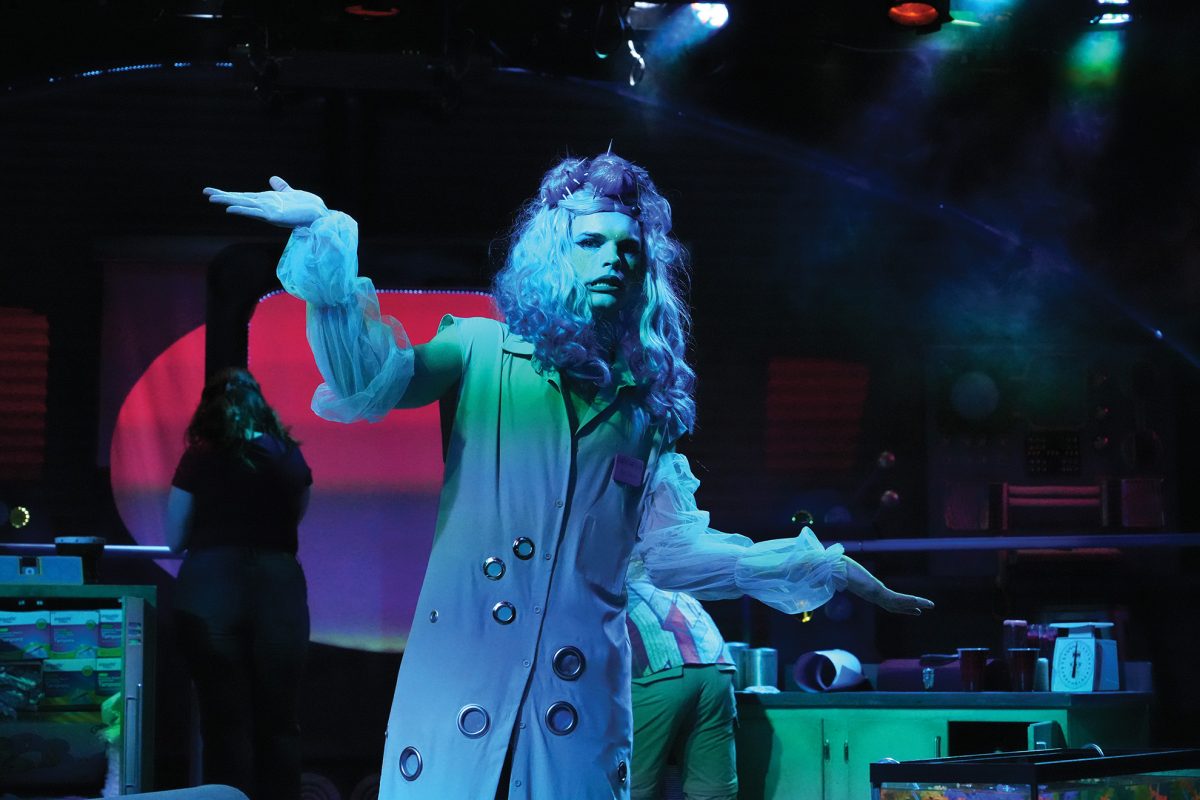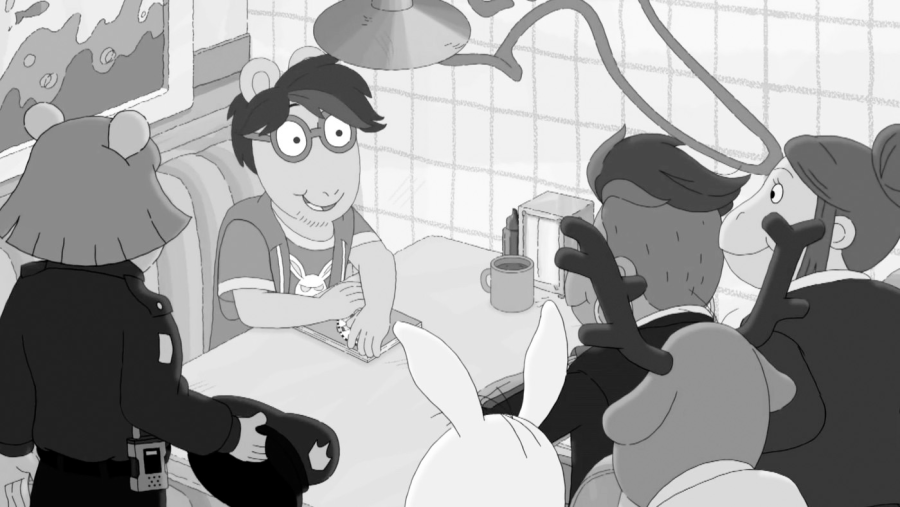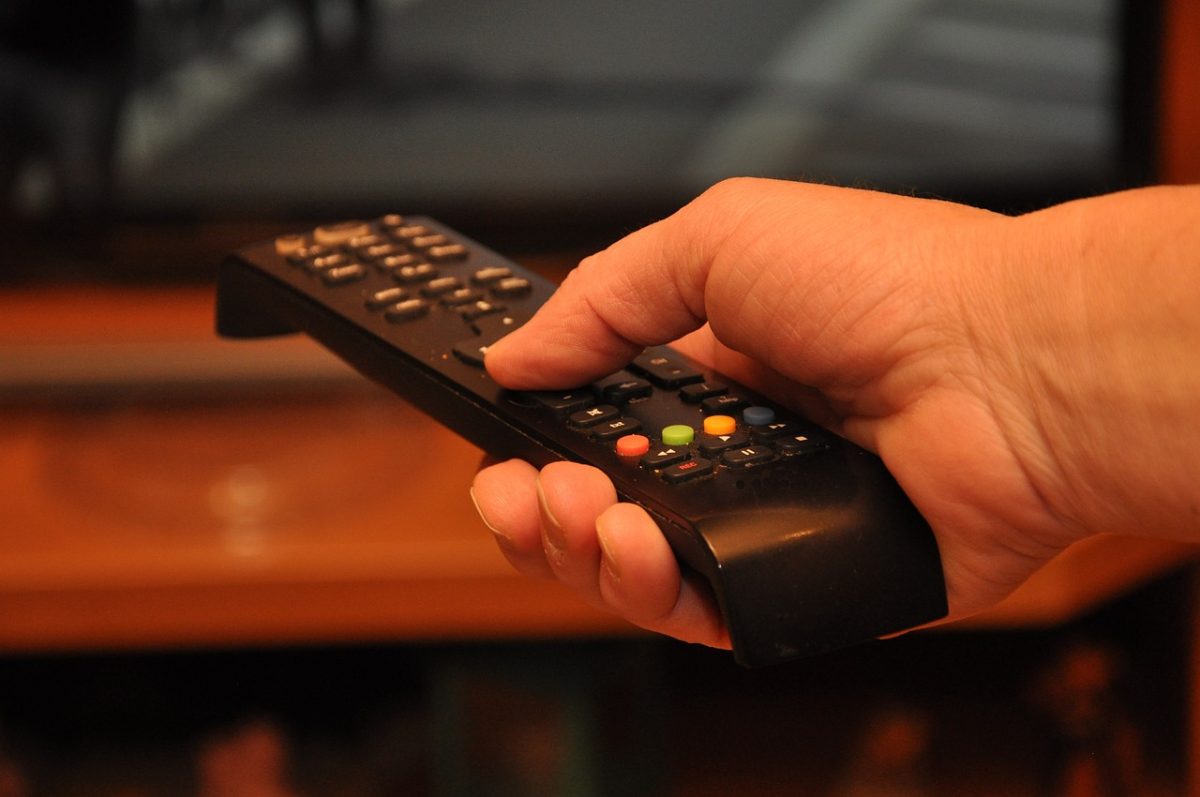hammekea@lopers.unk.edu
“And I say, ‘Hey!’ (Hey!), what a wonderful kind of day, if you can learn to work and play. And get along with each other.”
“Arthur” truly encapsulated this theme song. The PBS Kids staple wrapped up late last month after 25 years of entertaining kids and providing life lessons at the same time.
It first started as a book series from author and illustrator Marc Brown in 1976 with the book “Arthur’s Nose.” As the book series grew in popularity and more books were released, the television show started in 1996, produced by Boston PBS studio WGBH.
The series has brought up tough issues that kids and families face, like Buster’s parents being divorced and Buster’s mom raising him, food allergies, Grandpa Dave’s battle with dementia, gender norms when Binky went out for ballet; and the April 9 crisis when Lakewood Elementary school had a fire. The show also discusses normal, everyday items such as conflict resolution, accepting each other’s differences and regular childhood occurrences.
The final episode, released on YouTube in late February, reached over 1.8 million views since its release. While exploring the library, the gang of Arthur, Buster, Francine and Muffy find an abandoned room that contains an ominous fortune-telling machine named Oskar.
The gang plays the game, and everyone finds out their future except Arthur when the game unexpectedly shuts down. They all leave the room and decide to go to the Sugar Bowl.
After the gang leaves the library, Oskar turns on again and we are transported to a time 20 years in the future, where everyone is grown up.
I’m not going to spoil the ending for you, but watch the episode to witness a terrific callback to the pilot and a Stan Lee-like cameo from “Arthur” author Marc Brown.
I wasn’t a thought when “Arthur” first graced public television. Most of us weren’t born yet, and those that probably couldn’t fully comprehend television as is.
The longevity is rivaled by only “The Simpsons” for being on the airwaves longer. It’s been a staple that grew up with us, as it was the first show on the television when a young Alex Hammeke came home from school.
While Arthur and the gang might’ve stayed in third grade, they were our best friends in school, and it’s a pain to see them leave the airwaves.
It’s hard to fully encapsulate this, but, thank you Arthur.


